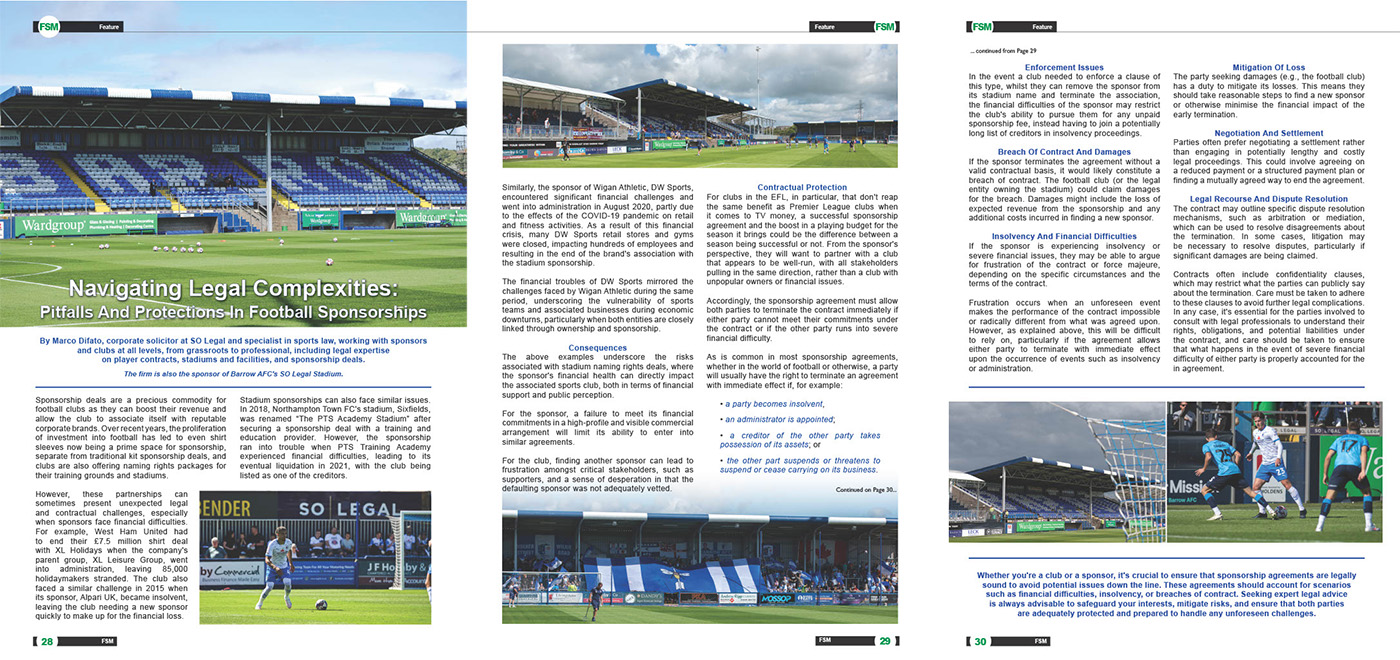Navigating Legal Complexities:
Pitfalls And Protections In Football Sponsorships
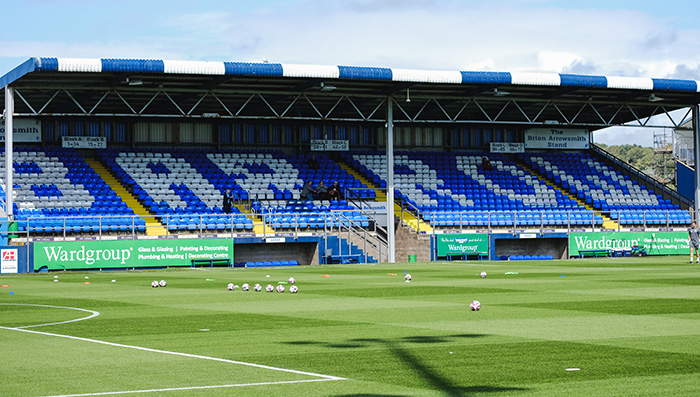
By Marco Difato, corporate solicitor at specialist in sports law firm SO Legal, the sponsor of Barrow AFC's SO Legal Stadium.
Sponsorship deals are a precious commodity for football clubs as they can boost their revenue and allow the club to associate itself with reputable corporate brands. Over recent years, the proliferation of investment into football has led to even shirt sleeves now being a prime space for sponsorship, separate from traditional kit sponsorship deals, and clubs are also offering naming rights packages for their training grounds and stadiums.
However, these partnerships can sometimes present unexpected legal and contractual challenges, especially when sponsors face financial difficulties. For example, West Ham United had to end their £7.5 million shirt deal with XL Holidays when the company's parent group, XL Leisure Group, went into administration, leaving 85,000 holidaymakers stranded. The club also faced a similar challenge in 2015 when its sponsor, Alpari UK, became insolvent, leaving the club needing a new sponsor quickly to make up for the financial loss.
Stadium sponsorships can also face similar issues. In 2018, Northampton Town FC's stadium, Sixfields, was renamed “The PTS Academy Stadium” after securing a sponsorship deal with a training and education provider. However, the sponsorship ran into trouble when PTS Training Academy experienced financial difficulties, leading to its eventual liquidation in 2021, with the club being listed as one of the creditors.
Similarly, the sponsor of Wigan Athletic, DW Sports, encountered significant financial challenges and went into administration in August 2020, partly due to the effects of the COVID‑19 pandemic on retail and fitness activities. As a result of this financial crisis, many DW Sports retail stores and gyms were closed, impacting hundreds of employees and resulting in the end of the brand's association with the stadium sponsorship.
The financial troubles of DW Sports mirrored the challenges faced by Wigan Athletic during the same period, underscoring the vulnerability of sports teams and associated businesses during economic downturns, particularly when both entities are closely linked through ownership and sponsorship.
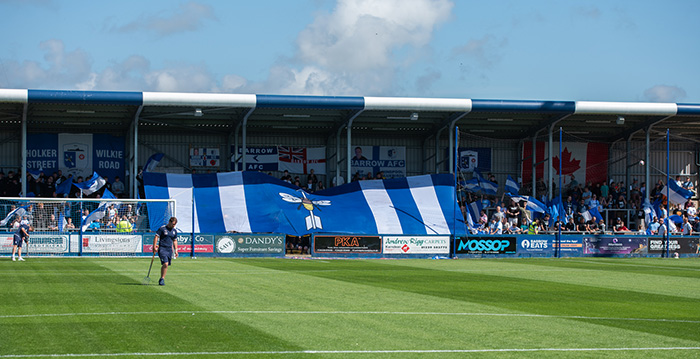
Consequences
The above examples underscore the risks associated with stadium naming rights deals, where the sponsor's financial health can directly impact the associated sports club, both in terms of financial support and public perception.
For the sponsor, a failure to meet its financial commitments in a high‑profile and visible commercial arrangement will limit its ability to enter into similar agreements.
For the club, finding another sponsor can lead to frustration amongst critical stakeholders, such as supporters, and a sense of desperation in that the defaulting sponsor was not adequately vetted.
Contractual Protection
For clubs in the EFL, in particular, that don't reap the same benefit as Premier League clubs when it comes to TV money, a successful sponsorship agreement and the boost in a playing budget for the season it brings could be the difference between a season being successful or not. From the sponsor's perspective, they will want to partner with a club that appears to be well‑run, with all stakeholders pulling in the same direction, rather than a club with unpopular owners or financial issues.
Accordingly, the sponsorship agreement must allow both parties to terminate the contract immediately if either party cannot meet their commitments under the contract or if the other party runs into severe financial difficulty.
As is common in most sponsorship agreements, whether in the world of football or otherwise, a party will usually have the right to terminate an agreement with immediate effect if, for example:
- a party becomes insolvent,
- an administrator is appointed;
- a creditor of the other party takes possession of its assets; or
- the other part suspends or threatens to suspend or cease carrying on its business.
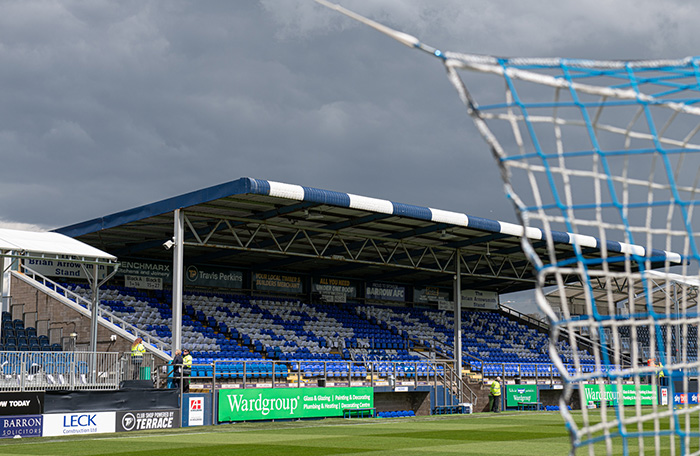
Enforcement Issues
In the event a club needed to enforce a clause of this type, whilst they can remove the sponsor from its stadium name and terminate the association, the financial difficulties of the sponsor may restrict the club's ability to pursue them for any unpaid sponsorship fee, instead having to join a potentially long list of creditors in insolvency proceedings.
Breach Of Contract And Damages
If the sponsor terminates the agreement without a valid contractual basis, it would likely constitute a breach of contract. The football club (or the legal entity owning the stadium) could claim damages for the breach. Damages might include the loss of expected revenue from the sponsorship and any additional costs incurred in finding a new sponsor.
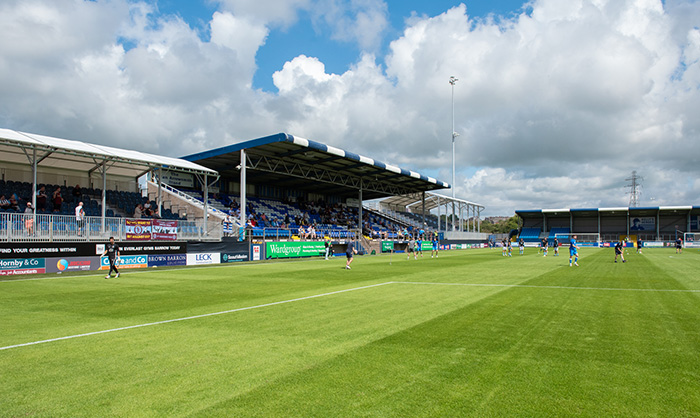
Insolvency And Financial Difficulties
If the sponsor is experiencing insolvency or severe financial issues, they may be able to argue for frustration of the contract or force majeure, depending on the specific circumstances and the terms of the contract.
Frustration occurs when an unforeseen event makes the performance of the contract impossible or radically different from what was agreed upon. However, as explained above, this will be difficult to rely on, particularly if the agreement allows either party to terminate with immediate effect upon the occurrence of events such as insolvency or administration.
Mitigation Of Loss
The party seeking damages (e.g., the football club) has a duty to mitigate its losses. This means they should take reasonable steps to find a new sponsor or otherwise minimise the financial impact of the early termination.
Negotiation And Settlement
Parties often prefer negotiating a settlement rather than engaging in potentially lengthy and costly legal proceedings. This could involve agreeing on a reduced payment or a structured payment plan or finding a mutually agreed way to end the agreement.
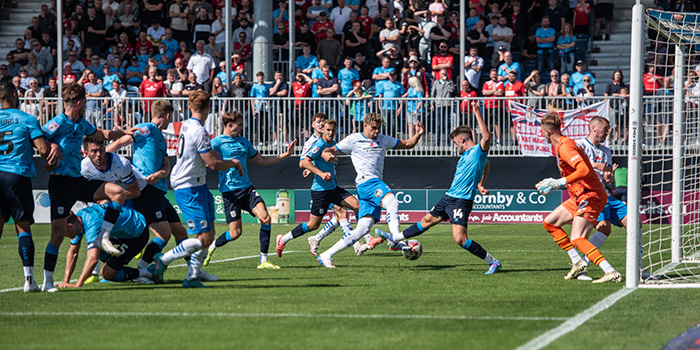
Legal Recourse And Dispute Resolution
The contract may outline specific dispute resolution mechanisms, such as arbitration or mediation, which can be used to resolve disagreements about the termination. In some cases, litigation may be necessary to resolve disputes, particularly if significant damages are being claimed.
Contracts often include confidentiality clauses, which may restrict what the parties can publicly say about the termination. Care must be taken to adhere to these clauses to avoid further legal complications.
In any case, it's essential for the parties involved to consult with legal professionals to understand their rights, obligations, and potential liabilities under the contract, and care should be taken to ensure that what happens in the event of severe financial difficulty of either party is properly accounted for the in agreement.
Whether you're a club or a sponsor, it's crucial to ensure that sponsorship agreements are legally sound to avoid potential issues down the line. These agreements should account for scenarios such as financial difficulties, insolvency, or breaches of contract. Seeking expert legal advice is always advisable to safeguard your interests, mitigate risks, and ensure that both parties are adequately protected and prepared to handle any unforeseen challenges.
Click the article to enlarge it.
